
If you’re trying to get started with holistic health and wellness, chances are you’ve thought about starting your own home apothecary. Creating your natural pharmacy at home takes time, education, and knowledge of herbalism. You need to learn how to create herbal remedies that work, and which herbs can do the job.
Learning herbal medicine is a rewarding journey and well worth it! There is so much to explore and learn about the power of herbs. We always try to share our knowledge of natural remedies and uses to help you better your health, naturally.
So if you’re up to the challenge, here are our top 10 picks to get started with your home apothecary. You’ll want a well-rounded arsenal of herbs that can accomplish different tasks, but these are a good place to start.
10 Must-Have Herbs to Start Your Own Home Apothecary for Natural Wellness
1. Dandelion
Dandelion leaf and root are both powerful parts of this common “weed.” The leaf can be used in bitters, while the root is a hepatic herb for detoxifying. They purify the body and liver by flushing out toxins and excess water.
2. Ashwagandha
One of the best all-purpose herbs to keep on hand in your home apothecary. Ashwagandha is an anti-inflammatory, adaptogen, analgesic, and relaxant. That means it can relieve pain, calm the body and mind, and increase your body’s endurance and immune system.
3. Nettle
Nettle leaf is a super nutritive herb, as well as an anti-inflammatory and adaptogenic powerhouse. It reduces oxidative stress in the body and helps kill off viruses and infections. It makes a potent tincture against colds and illnesses, but also for overall health and balanced vitamin intake.
4. Chamomile
Chamomile is a calming herb for many different ailments. It’s antispasmodic, helping to prevent and ease spasms in the stomach and body. It fits into most of the essential medicinal categories: carminative (digestive health), anti-inflammatory, anti-microbial, sedative… It can do it all. Chamomile is also quick to take – steeping the tea alone will provide health benefits.
5. Elderberries
Elderberries are an incredible immune system booster. It’s proven to ease colds and the flu, speed recovery, and fight infections. This is because it not only gives a jolt to the immune system but also balances and supports its regulation. Use it in anti-microbial mixtures to boost their power, as well. Elderberry syrup is a popular home remedy for increasing immunity during the flu season.
6. Slippery Elm
Slippery elm bark soothes inflammation, especially in the mucous membranes and digestive system. It can help relieve pain and soothe skin irritations, so it’s great for salves and creams. It’s also highly nutritious, with many vitamins and minerals.
7. Echinacea
Echinacea root is another well-known immune stimulant. Herbalists have extensively used it for hundreds of years. It increases the number of white blood cells in the body, which makes it powerful against viruses and other immune system invaders. It’s also known to help combat cancer and improve respiratory issues.
8. Calendula
Calendula is excellent for lymphatic health, menstrual cramps, and muscle spasms. It’s often used in topical solutions and salves for skin irritations, wounds, and bruises as well. You can mix with a carrier oil to create infusions, or steep in 100 proof alcohol to make a tincture.
9. Turmeric
Turmeric root contains curcumin, an antioxidant compound that significantly reduces inflammation. It’s also a stimulant that helps increase blood circulation in the body and supports the immune system. And like dandelion root, it detoxifies the liver of impurities and toxins.
10. Skullcap
Skullcap is an anxiolytic herb that calms the nervous system and anxiety. Use it to help relieve pain and muscle spasms, especially in infused oils. Make it as a tea for quick ingestion and relief.
Tools You’ll Need to Get Started:
Besides herbs, you’ll need some things to store, mix, strain, and create your elixirs! Here are some things you’ll need on hand:
- Mason jars for storing tinctures and elixirs
- Amber bottles for essential oils, tinctures, and other liquids
- Mortar and pestle for grinding
- Cheesecloth for straining
- Labels
- 100 proof alcohol
- Carrier oils, like coconut and sweet almond
- Honey, vinegar, and other desired solvents
- Waxes or butters for creams
Herbal Apothecary Healing
Learning how to use herbs and create natural remedies is an incredible way to boost the health and wellness of your home and family. It takes patience and time, but it’s well worth the effort to get started!
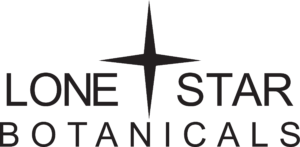

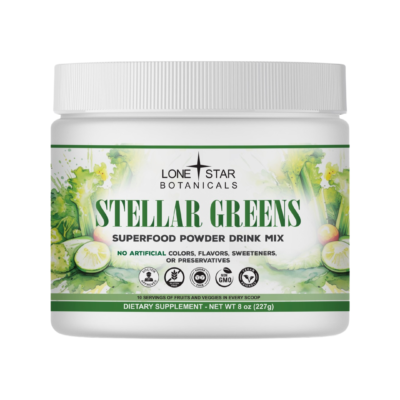
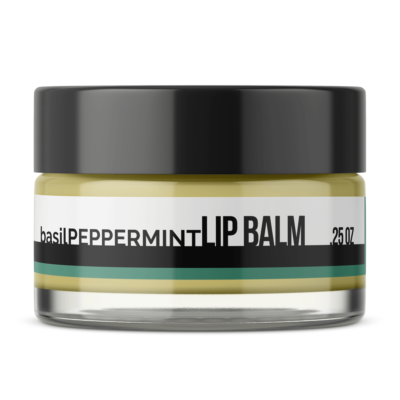
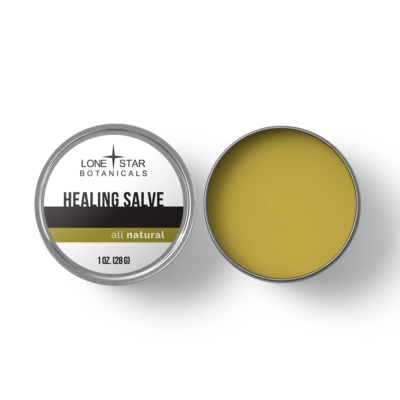
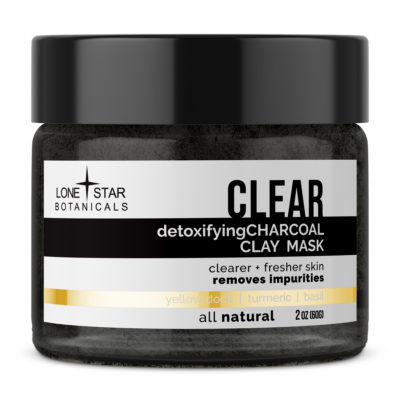
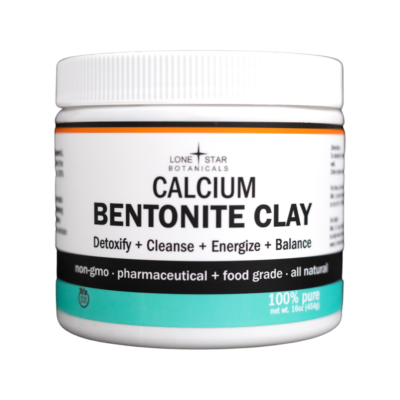
Where can I go to get free seeds to start growing herbs for an apothecary?
Hello, we suggest contacting your local Master Gardening group, friends or seed library to find free seeds.